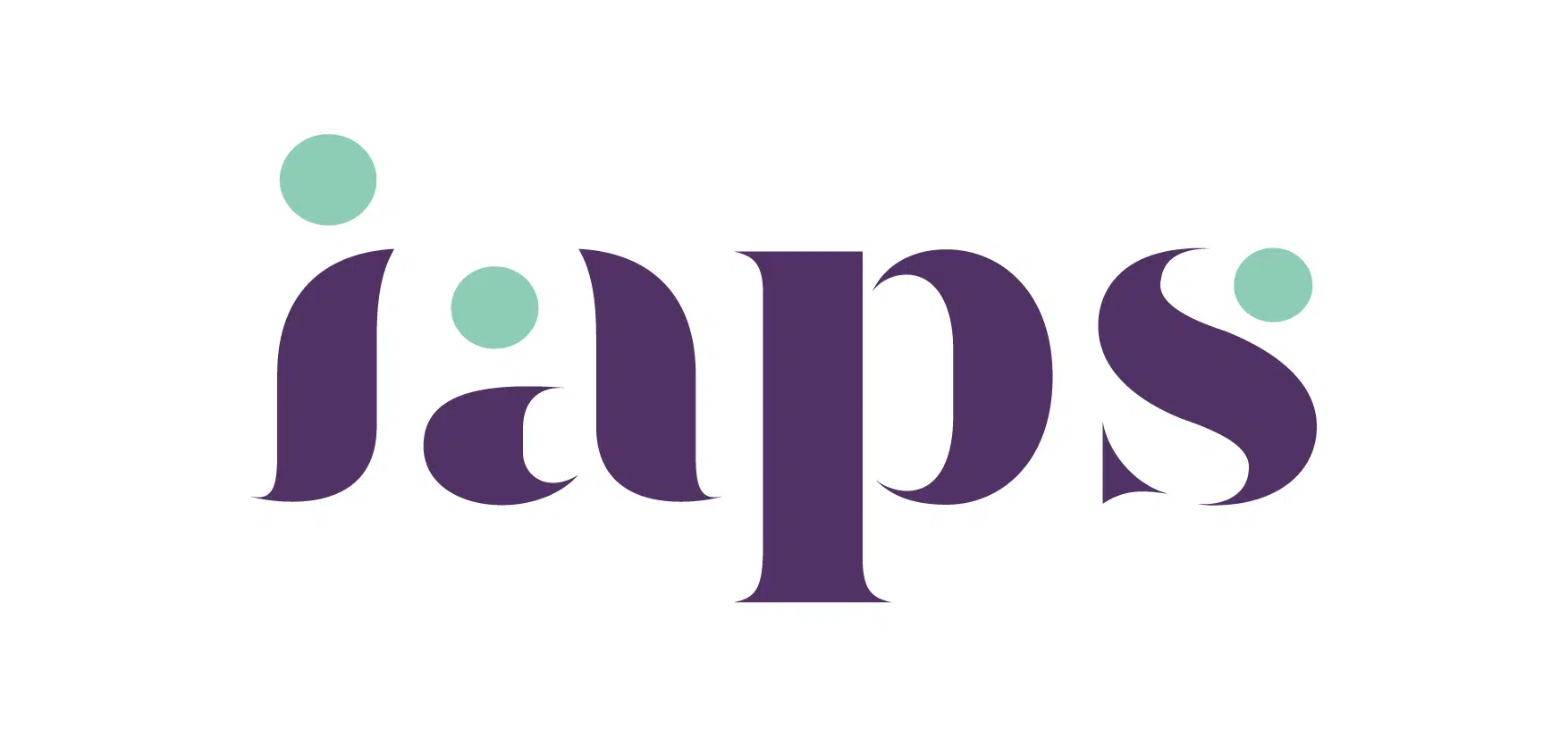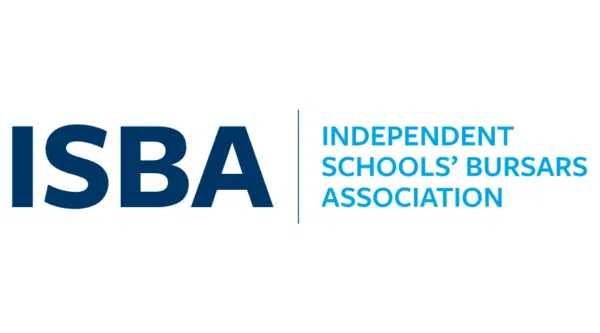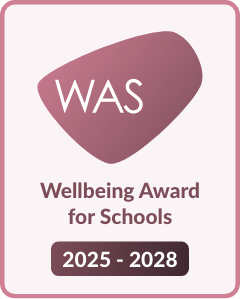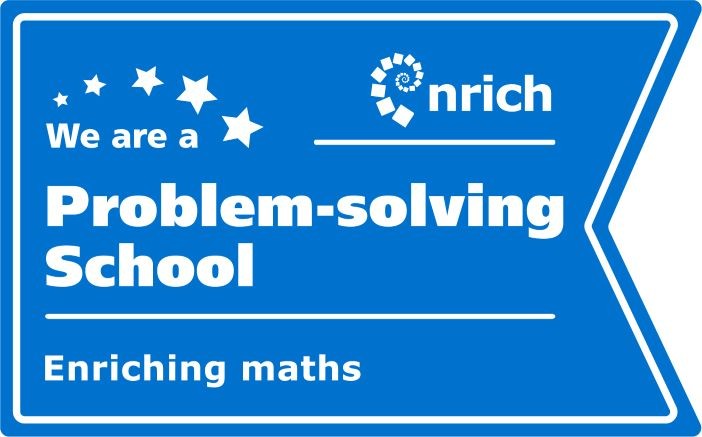To the Shadow Secretary of Education
Dear Ms Phillipson,
I am writing to express my deep concern regarding the proposal to impose VAT on independent school fees as per your Labour Manifesto 2024. As a parent, educator and a staunch supporter of quality education for all children, I believe that such a policy could have unintended and far-reaching consequences on the broader educational landscape in the UK.
Not all independent schools are wealthy institutions; in fact, the vast majority operate as charities. These charitable schools reinvest any surplus income back into the institution to enhance educational offerings, maintain facilities, and support pupils through bursaries and scholarships. Unlike their wealthier counterparts, these schools often operate on tight budgets and rely on donations and fundraising to meet their financial needs. Their charitable status underscores their commitment to providing high-quality education and broadening access to pupils from diverse backgrounds, regardless of their financial circumstances. Imposing VAT on school fees would disproportionately affect these schools, potentially jeopardising their financial stability and limiting their ability to serve their communities effectively. 10% loss of pupils in a small independent school could result in the school becoming inviable.
It is also critical to dispel the myth that all families who choose independent education are affluent. Many parents work exceptionally hard and make significant sacrifices to afford private school fees. These families prioritise education above other luxuries, often foregoing holidays, new cars, and other amenities to invest in their children's future. Imposing VAT would disproportionately impact these families, potentially pushing them beyond their financial limits.
It is essential to recognise that state schools are already grappling with oversubscription, a lack of physical space, and a shortage of teachers. Introducing VAT on independent school fees would likely force many families, who make considerable financial sacrifices to afford private education, to transfer their children to state schools. This influx would exacerbate the existing challenges, putting additional strain on already stretched resources and potentially lowering the quality of education for all pupils.
Moreover, the policy could inadvertently contribute to social inequality. Wealthier families might respond by moving to areas with high-performing state schools, further driving up property prices and creating exclusive catchment areas. This phenomenon would marginalise less affluent families, leaving them with fewer educational opportunities and perpetuating cycles of disadvantage.
Imposing VAT on school fees could have a detrimental impact on bursary programmes offered by independent schools in the UK. Many independent schools allocate a portion of their income to fund bursaries, providing financial assistance to pupils from less affluent backgrounds. However, if VAT is added to school fees, the increased cost may reduce the overall revenue available for these bursary funds. As a result, schools may be forced to cut back on the number or amount of bursaries they offer, limiting access to high-quality education for pupils who rely on financial support. This could undermine efforts to promote social mobility and educational equality, as fewer pupils from disadvantaged backgrounds would have the opportunity to benefit from the resources and opportunities provided by independent schools.
Additionally, it is important to consider the unique challenges faced by pupils, particularly of primary school age, who have already been severely affected by the COVID-19 pandemic. The disruption to their education has had lasting effects, and primary school age is arguably the most critical period for cognitive and social development. Smaller independent junior schools provide an environment where children can receive individualised attention, which is particularly beneficial for those recovering from pandemic-related educational setbacks. Our young pupils have already lived through one period of enforced disruption to their schooling of which we are still seeing the effects; surely we could avoid inflicting this a second time on the same children?
Furthermore, children with Special Educational Needs and Disabilities (SEND) often thrive in smaller, independent school settings where they receive tailored support that may not be readily available in larger state schools. Introducing VAT on independent school fees could jeopardise the ability of these schools to provide such specialised care, ultimately harming the most vulnerable pupils.
Independent schools play a vital role in supporting their local communities through a variety of initiatives. They often engage in community projects and fundraising efforts, contributing to local charities and causes. Here at Solefield, we frequently share our facilities and educational/ extra-curricular workshops with local primary schools, fostering a spirit of collaboration and mutual benefit. We share resources, expertise and donate equipment. Pupils and staff from our school regularly visit old people's homes and carry out various charitable activities that enrich the lives of our community. Additionally, we are a Sevenoaks 'warm space' for our elderly and provide meeting rooms for community use, ensuring that local organisations and groups have accessible venues for their activities. We work with a local foodbank and raise money for the homeless. Through these actions, we significantly enhance community cohesion and support the well-being of local residents.
Last year alone, our small school of approximately 160 pupils raised almost £10,000 for various national, international and local charities as well as donating books, clothes, food and hygiene products. Our pupils fully understand their social responsibility and are proud to support others.
Solefield School also contributes significantly to the local economy in multiple ways. We provide employment opportunities for nearly 50 teaching and non-teaching staff, thereby supporting local livelihoods. Additionally, we often engage local businesses for services and supplies, from catering to maintenance, thereby boosting local commerce. The presence of independent schools can also attract families to the area, increasing demand for housing and stimulating the real estate market. Furthermore, events and activities hosted by Solefield and other independent schools, such as fairs, sports events, and performances, draw visitors who spend money locally on accommodation, food, and other services. Collectively, these factors help create a vibrant local economy, benefitting businesses and enhancing community prosperity.
In light of these considerations, I urge you to reconsider the proposal to impose VAT on independent school fees. The policy's impact would extend far beyond the families directly affected, leading to overcrowded state schools, heightened social inequality, and potential harm to children's educational development, especially those with SEND.
Instead, I propose that we focus on policies that enhance the quality and accessibility of education across all sectors. Strengthening state schools, supporting independent institutions, and ensuring equitable opportunities for all children should be our collective priority.
Thank you for your attention to this pressing issue. Having followed your career before and during politics, I can see that you are someone who is committed to justice and building strong communities. I appreciate your motive to try to improve education in the UK and I wish you every success in this aim as it seems likely that you will be Secretary of Education in the near future. Unfortunately, I think this policy will not help deliver on that important strategic goal. I hope you will consider the broader implications of this policy and advocate for solutions that support the educational well-being of all children in our society.
Yours sincerely,

Mrs McClure
Headmistress







